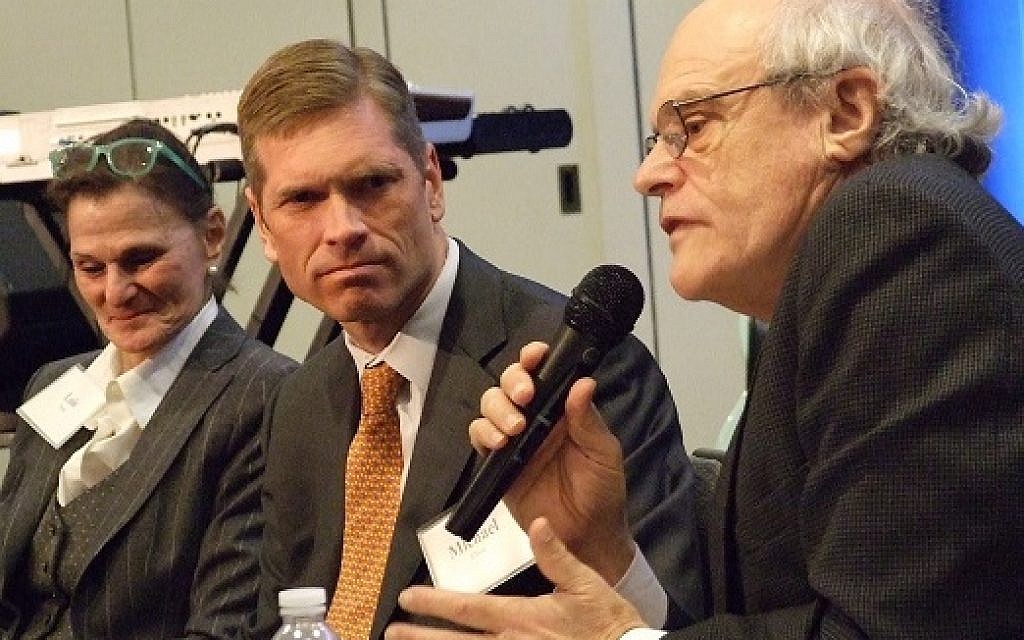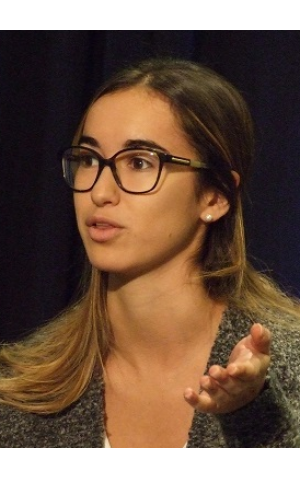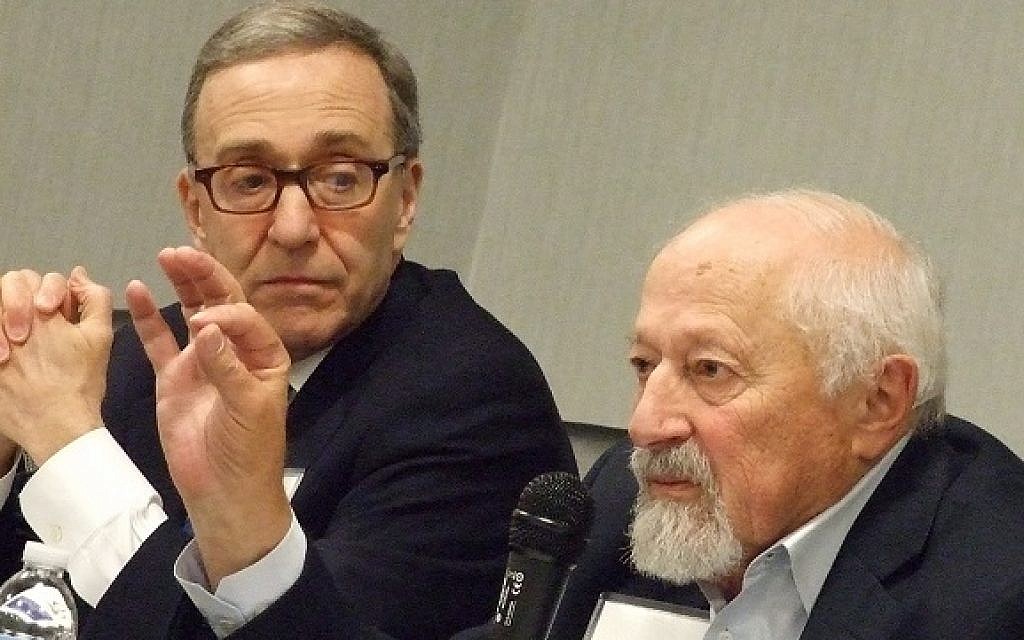ISMI’s Impact Shines Through
Founded and directed by Professor Ken Stein, Emory’s Institute for the Study of Modern Israel is the oldest permanent Israel academic center in the United States.
Founded and directed by Professor Ken Stein, Emory’s Institute for the Study of Modern Israel is the oldest permanent Israel academic center in the United States. An interdisciplinary unit that does not confer degrees, the institute promotes teaching, research and learning focused on Israeli culture, foreign policy, history, society and politics for the Emory community and beyond. It promotes student learning with rigorous research and engages the Atlanta community and region with its excellence in programming.
“ISMI’s focused goal was to create an understanding of Israel as integral to Jewish history and therefore part of American Jewish identity. Its teaching role educates broadly about Israel’s origins and emphasizes its strategic relevance for the United States in an otherwise tumultuous region,” Stein said about the institute’s objective. ISMI grew out of the disbanded Middle East program at the Carter Center.

During a two-day conference at its recent 20th anniversary celebration, experts from academia (Asher Susser, Yitzhak Reiter, Yaron Ayalon, Rachel Fish) and diplomacy and think tanks (Joel Singer, Alan Makovsky, Jonathan Schanzer), Atlanta leaders (Dov Wilker, Dan Gordon, Lois Frank), and some of Stein’s former students addressed issues such as Israel’s Jewish identity, the prospects for a two-state solution between Israel and the Palestinians, and the present and future viability of Israel studies on U.S. campuses.
“Zionist identity is at the core of most Jews, wherever they are, if we define Zionism today as the belief that Jews have the right to a sovereign state in even part of the Land of Israel,” said Ayalon, who will become the director of the Jewish studies program at the College of Charleston on July 1.
Asher Susser, professor emeritus and former director of the Moshe Dayan Center for Middle Eastern and African Studies, said Zionist identity was transformed after the June 1967 war, giving Jews throughout the world a sense of success and unity.
Until 1967, that Zionist identity remained secular at its core and used Jewish symbols for support, Susser said. But after 1967, “the religious becomes the core, subordinating Zionism to some degree and the state to religious redemption.”
The field of Israel studies is distinct from Jewish studies, which often omits modern Israel except for Hebrew language and literature, which is deep and broad across the country.
Israel as an independent area of study remains necessary because most Middle Eastern studies programs at American universities focus on Turkey, Iran and Arab countries. When they teach Israel, it mostly is in the context of the conflict and not as part of modern Jewish history or as a country with a rich, diverse culture whose population persevered for self-determination.

Additionally, objective scholarship on Israel today often is overwhelmed by ideologies and philosophies that poke holes at Israel’s legitimacy. These influences include Edward Said’s Orientalism (rejecting Westerners’ role in analyzing the Middle East), postmodernism (denying objective truth), Marxism (viewing those with wealth and power as inherently evil), post-colonialism (condemning all actions of the Western world and lionizing “natives”) and post-nationalism (viewing the nation-state as the cause of the world’s problems). Fish said, “These kinds of intellectual components can and have created quite a hostile environment to the pursuit and study of Israel on the campus.”
That’s unfortunate because, as recent Stein student and former ISMI intern Dana Pearl said, there’s a need for objective, intellectual classes on Israel, even among Jewish day school graduates like herself. Pearl said the idea of standing up for Israel on campus because it produces Sabra hummus or invented the cellphone didn’t resonate for her.

Day schools, she said, are “missing right now a lot of the kids that want to learn about Israel from an intellectual perspective and don’t just want to learn the talking points that they should say when they get to campus and join a political club to advocate for Israel.”
Dov Wilker, the American Jewish Committee Atlanta regional director, said Stein speaks to some of his national AJC colleagues more than he does because they seek the professor’s expertise on issues related to Israel advocacy.
“The value that ISMI provides is really in my opinion probably only 10 percent to the university but … 85 percent to Atlanta and maybe 5 percent elsewhere because we really do benefit from the resources,” including the other members of the ISMI team and the visiting professors, Wilker said. “I really do believe that ISMI as an institution in Atlanta has really enhanced what the city of Atlanta is.”
Lois Frank, an Emory College graduate, longtime AJC member and former national chair of the Jewish Council for Public Affairs, said she delights in seeing an Atlanta professor educating her AJC and JCPA colleagues across the country, and she said the panels of experts at the 20th anniversary weekend provided a taste of what ISMI has brought to Atlanta and the nation through the years.
Frank also said she always has been able to count on Stein to provide extra insight whenever she needs it, as when her book club read troubling information about the Israeli-Palestinian conflict in “The Lemon Tree.” She concluded: “I and others want to see the Israel institute at Emory continue. We benefit from it in many ways.”



comments